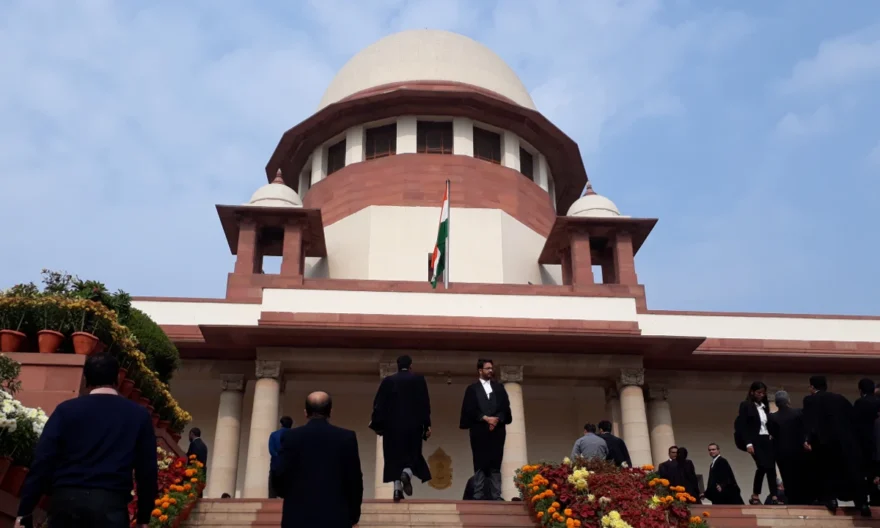
Twenty-eight years after Ankur Gupta applied for a job in the postal department, the Supreme Court has ordered his appointment, acknowledging that there was an error in deeming him ineligible for the post. In 1995, Gupta had applied for the position of postal assistant. He was selected for pre-induction training but later removed from the merit list on the grounds that he had completed intermediate education in the “vocational stream.”
Gupta, along with other unsuccessful candidates, sought redress from the Central Administrative Tribunal, which ruled in their favor in 1999. The postal department challenged the tribunal’s decision and approached the Allahabad High Court in 2000. The high court upheld the CAT’s order in 2017, and a review was filed, which was also dismissed in 2021. Subsequently, the department appealed to the apex court.
The Supreme Court bench, comprising Justices Bela M Trivedi and Dipankar Datta, stated that while a candidate cannot assert a vested right to appointment, once they are included in the merit list, they do have a limited right to fair treatment. The bench emphasized that the employer, if a State within the meaning of Article 12 of the Constitution, cannot act arbitrarily and dismiss a candidate without justification.
The court noted that the department did not reject Gupta’s candidature at the threshold. Instead, they considered him eligible, allowed him to participate in various tests, conducted interviews, ranked him highly in the merit list, and even sent him for 15 days of pre-induction training beginning on March 15, 1996.
The Apex Court, utilizing its extraordinary jurisdiction under Article 142 of the Constitution, ordered that Gupta be offered appointment on probation as a Postal Assistant (the position for which he was selected) within a month. If no position is available, a supernumerary post shall be created for him. The court concluded that Gupta had been subjected to discrimination and arbitrarily deprived of the benefits of his selection.
The court clarified that subject to the satisfactory completion of the probation period, Gupta would be confirmed in service. If his performance during probation is unsatisfactory, the appellant (postal department) is entitled to proceed in accordance with the law. Since Gupta had not actually worked, he would not be entitled to arrears of salary or claim seniority from the date of appointment of other candidates who participated in the 1995 recruitment process.




